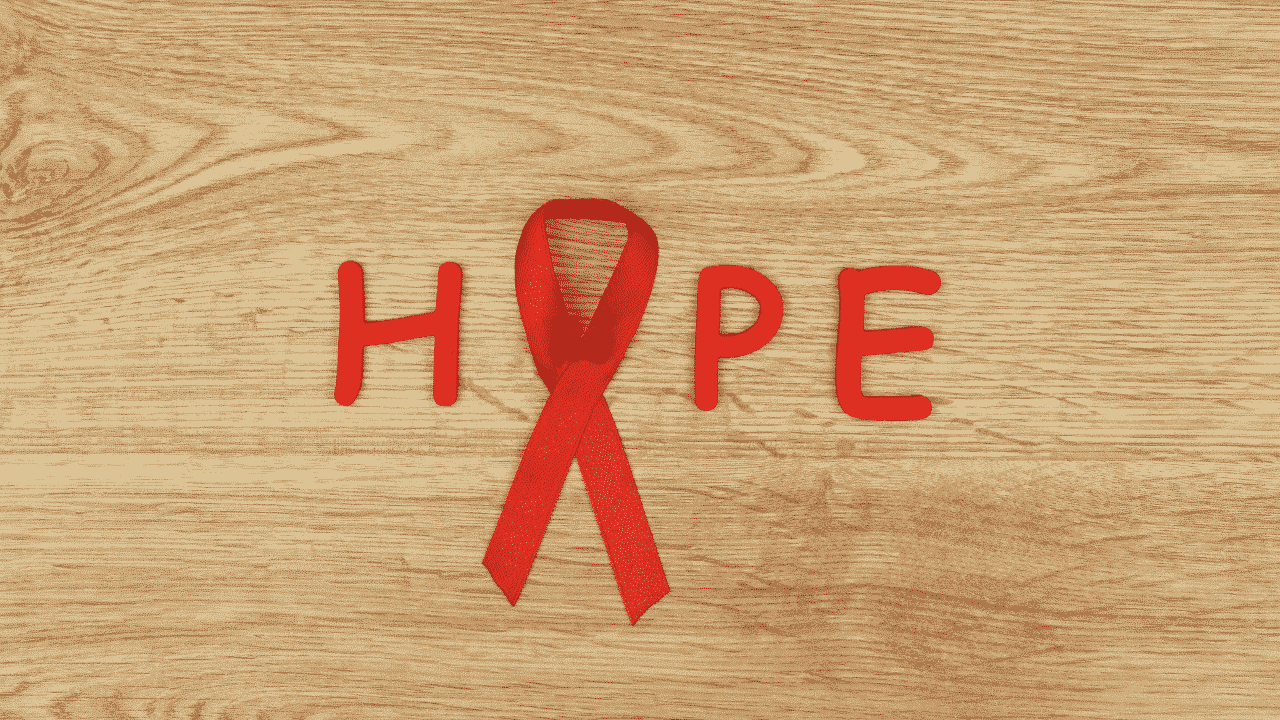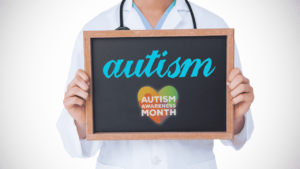In honor of world AIDS day on 12/1, I am devoting today’s episode to HIV and Aging. And, yes. HIV is an important topic when it comes to aging. An estimated 1.2 million people in the United States had HIV at the end of 2018.
More than half of the adults living in the US with HIV are 50 years old and older.
With the use of antiretroviral medications, people who were diagnosed with HIV decades ago have been able to live well into older adulthood.
1 out of 6 people who are newly diagnosed with HIV are 50 and older
CDC also tells us some important factors that particularly affect older adults when it comes to HIV:
- Older adults and their providers are less likely to discuss sexual or drug use behaviors. Health care providers may not ask patients aged 50 and older about these issues or test them for HIV. Also, older people may not consider themselves to be at risk for HIV, may be embarrassed to discuss sex, or may mistake HIV symptoms for those of normal aging.
- What you can do: Consider opening up to your medical and mental health providers about your sexual relationships, or substance use. Or, if you’re not comfortable with this, ask for HIV testing and other STD tests.
- Older people may have many of the same HIV risk factors as younger people, including a lack of knowledge about HIV prevention and sexual risk, such as having multiple sex partners, and may be less likely to use a condom or other prevention options.
- What you can do: Use a condom. Talk with your doctor about safe sex practices, and learn more about prevention here.
- Learn more about sexual activity and aging: Check out my episode on Aging and Sexuality: Benefits and Barriers of Sex among Seniors
- Older people in the United States are more likely than younger people to have late-stage HIV infection at the time of diagnosis. People aged 50 and older may start medical treatment late, which may put them at risk of more immune system damage. Among people aged 55 and older who received an HIV diagnosis in 2015, 50% had HIV for 4.5 years before they were diagnosed—the longest diagnosis delay for any age group.
- What you can do: if you’ve had a new sex partner in the past 5 years, consider requesting an HIV/STD test.
- Stigma is common among adults with HIV and negatively affects people’s quality of life, self-image, and increases risk of depression and substance use disorders. People aged 50 and older may avoid getting the care they need or disclosing their HIV status because they may already face isolation due to illness or loss of family, friends, or community support.
- What you can do: Remind yourself that having HIV is not a character defect. It is an illness that can be treated and managed. Educate yourself about treatment and HIV. There is hope that with proper treatment and management, you can have a very full and healthy life.
- What we all can do: Talking openly about HIV can help normalize it. Talking also provides opportunities to correct misconceptions. Note of caution: Be mindful of how you talk about HIV and people living with HIV. The CDC’s Let’s Stop HIV Together stigma language guide can help.
Mental Health Concerns Among Older Adults Living with HIV
- HIV-positive older adults are 5 times more likely to experience depression than similarly-aged HIV-negative adults (Applebaum & Brennan, 2009).
- Elevated levels of depressive symptoms in HIV-positive older adults (Havlik et al., 2009; High et al., 2012; Negin et al., 2012):
- reduce quality of life,
- impairs daily functioning,
- increases frailty,
- leads to poor engagement and retention in care,
- leads to a greater number of co-morbid health conditions
- 27% of HIV-infected older adults had thought about suicide in the previous week (Kalichman et al., 2000)
- HIV-positive individuals aged 50 years and older are more socially isolated than their younger counterparts (Emlet, 2006)
Depression is Highly Treatable in Older Adults
80% of the cases of depression in older adults are treatable! But, here’s the thing- depression can’t get treated if it goes unrecognized and untreated.
What happens if depression goes untreated in older adults?
Not only does treating depression in older adults alleviate suffering, we know that when depression goes untreated in older adults they:
- Have more medical problems,
- Stay longer in the hospital,
- Use more medication for their medical problems,
- Have more visits to the ER, and
- Experience more loneliness and isolation
This is where you come in! First you can begin to shift your view that with age comes depression, and secondly, you can help older adults connect to providers and resources that can help treat suffering and ease pain.
So, please don’t ignore these signs and symptoms. Instead lean in, share your concerns, and help older adults get connected to providers.
Worried about an Older Adult?
If you or someone you know is in crisis or struggling with suicidal thoughts, please reach out to the National Suicide Prevention Lifeline.
Resources for LGTBQ Older Adults
- SAGEConnect links LGBT elders with their broader community, reducing isolation and promoting well-being- connect online here. If you know someone who would benefit from SAGEConnect, but doesn’t have internet, call the registration line at 929-484-4160.
- Check out SAGE’s LGBTQ Aging Guides and Resources
- Considering Long-Term Care? Check out these resources for LGTBQ seniors
- Facing discrimination in your senior community? Lambda Legal defends the rights of LGBT and HIV-positive seniors who face discrimination related to their sexual orientation, gender identity or HIV status, including discrimination by staff and residents at senior centers, senior housing, long-term care and beyond.
References:
- CDC’s HIV Statistics: https://www.cdc.gov/hiv/group/age/olderamericans/index.html
- CDC’s Basic Statistics on HIV: https://www.cdc.gov/hiv/basics/statistics.html
- HIV, Mental Health, and Aging: https://www.ncbi.nlm.nih.gov/pmc/articles/PMC3673522/
- HIV, Mental Health, and Aging: https://www.apa.org/pi/aids/resources/exchange/2014/01/introduction.






